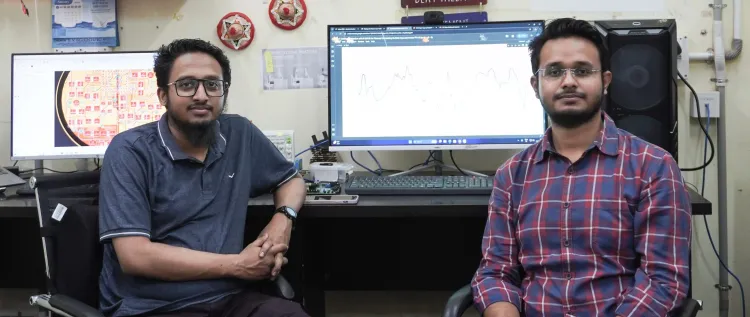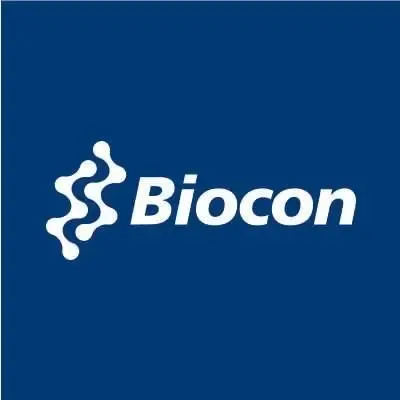NIT Rourkela Unveils Innovative AI Model for Enhanced Blood Sugar Forecasting

Synopsis
Key Takeaways
- AI technology enhances blood sugar predictions.
- Model tailored for personalized treatment.
- Automatic data processing identifies key patterns.
- Optimized for smart devices.
- Potential integration into clinical settings.
New Delhi, Feb 25 (NationPress) The National Institute of Technology (NIT) Rourkela announced on Tuesday the creation of a cutting-edge AI-based model aimed at enhancing blood sugar predictions for individuals living with diabetes.
This model is specifically tailored to assist both patients and healthcare professionals in making more informed and personalized treatment choices.
In contrast to conventional forecasting techniques that often necessitate manual tweaks and encounter difficulties with long-term glucose patterns, this AI model autonomously analyzes data to pinpoint essential trends.
By learning from historical blood sugar variations, it provides accurate predictions, enabling timely and personalized adjustments to insulin dosages, dietary plans, and physical activity.
The model surpasses existing methods by delivering more dependable forecasts customized to an individual's specific glucose behaviors.
Moreover, it has been fine-tuned for compatibility with devices such as smartphones and insulin pumps, enhancing its usability for daily diabetes management.
As stated by the research team, led by Professor Mirza Khalid Baig, assistant professor of biotechnology and medical engineering, this AI approach has the potential to drastically enhance diabetes care.
“Our primary innovation is in utilizing multi-head attention layers within a neural basis expansion network, enabling the model to concentrate on the most pertinent data points while discarding irrelevant noise,” Baig explained.
He further emphasized that this leads to superior performance without requiring extensive training data or high computational resources.
“By merging precision with efficiency, our goal is to offer a practical tool that can be incorporated into digital health platforms, aiding patients and healthcare providers in managing diabetes more effectively,” Baig noted.
This model has the potential for integration into smart insulin pumps for automated insulin delivery, mobile health applications for real-time glucose monitoring, and clinical environments to help doctors formulate individualized treatment strategies.
Currently, the research team is preparing for comprehensive clinical trials in collaboration with experienced diabetologists in Odisha.
The initiative has garnered support from the Department of Science and Technology (DST), the Department of Biotechnology (DBT), and NIT Rourkela.










